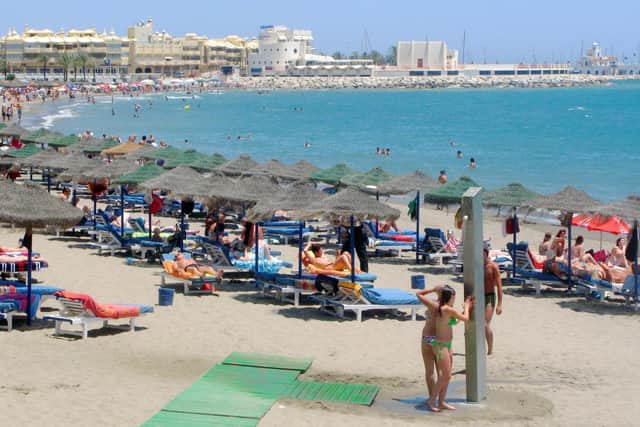Should the bank refund our travel insurance premiums? - Gareth Shaw
Gareth says…
Your query has brought the memories of chaos and confusion at the beginning of the pandemic flooding back, and how millions of people’s lives and plans were dramatically altered as the countries around the world took the unprecedented step of issuing travel bans and closing borders.
I remember around March 2020, the travel insurance market changed radically. Some insurers stopped selling cover altogether, unwilling and unable to cover the risk that a global disease would bring. Others rapidly changed the terms of their policies, stripping out the generous cancellation clauses that had once existed before the pandemic. Policyholders, desperate to recoup the costs of cancelled trips, struggled to get through to their insurers, themselves having to adapt to call centres being forced to work from home entirely.


Advertisement
Hide AdAdvertisement
Hide AdA couple of months into the pandemic, the Financial Conduct Authority (FCA), the regulator of financial services companies (like travel insurers) issued some new rules to firms to alleviate the burden of insurance costs for people financially affected by lockdown.
The FCA told insurers to offer extra assistance to treat customers fairly during the crisis, which included reducing monthly premiums, partial refunds for annual premiums, payment holidays, waiving cancellation or policy adjustment fees, extending cooling-off periods, writing off unpaid repayments and relaxing charges and interest for missed payments.
It also asked firms to review the appropriateness of its products and ensure that they were still suitable for the customers that held them, in the communication they sent to customers and at the point of renewal.
I presume that you have paid for annual policies, which means that you would have renewed this at least once in the past two years. And, unfortunately, I think it would be unlikely that you would be able to get a refund on the premiums you paid when many of the travel restrictions were lifted. The timeline for this is quite difficult to pinpoint, with the introduction of red, amber and green countries, but the generally accepted time was at the beginning of July 2020, when 90 countries were put on the ‘green’ list, allowing non-essential travel to restart. The bank, perhaps, might argue as to why you renewed your policy if you had no intention to travel during the period when the restrictions were largely lifted.
Advertisement
Hide AdAdvertisement
Hide AdHowever, there may be a case to have your premium partially refunded from the time that the ban on international travel was introduced and the lifting of restrictions, covering a five-month period between March and July in 2020. Some insurers did this proactively with their customers, but many only acted when policyholders made a request.
Contact the bank to see if you can get a refund for that period. If you make a formal complaint to the bank it has eight weeks to investigate and get back to you. If you’re not satisfied with the outcome, you can escalate your complaint to the Financial Ombudsman Service, the independent body that mediates disputes between consumers and regulated financial companies.